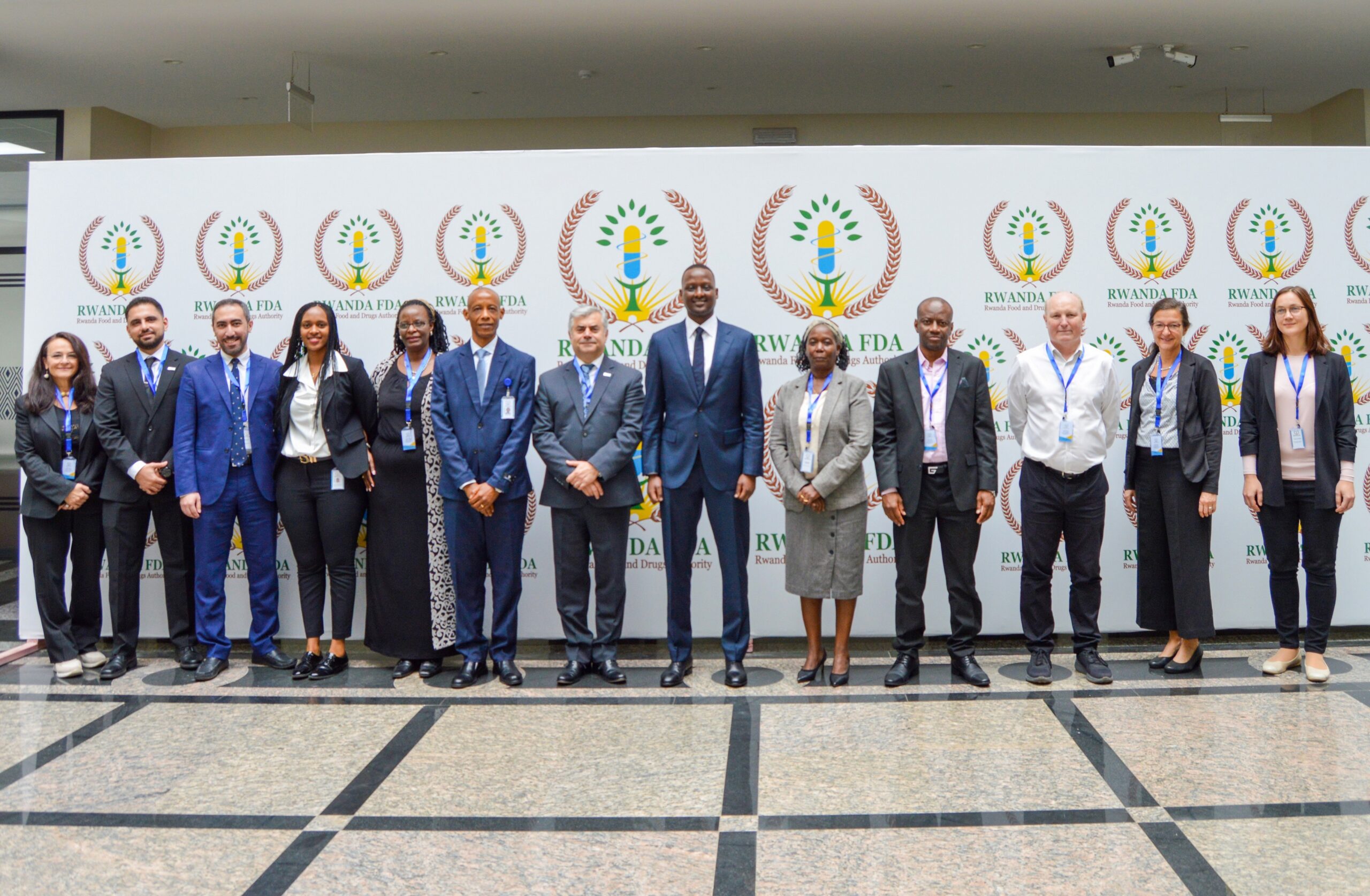
Senegal is set to reinforce the regulation of traditional medicine with the imminent adoption of new legal texts, the Director General of Public Health, Dr. Ousmane Cissé, announced during the 23rd African Day of Traditional Medicine celebrated on Sunday in Dakar.
These measures aim to ensure that traditional medicine is practiced in a secure and supervised manner, responding to the country’s high demand and large number of practitioners.
The State intends to provide the population with care based on reliable and scientifically validated preparations.
A key step in this process is the establishment of a National Pharmacopoeia and National Formulary Commission. Building on Law 2003-06 of June 13, 2023, which formally created the Senegalese Pharmacopoeia, a draft decree for the commission is currently being prepared.
According to Dr. Cissé, two additional implementing decrees will operationalize mechanisms for control and evaluation, providing a structured framework for the practice of traditional medicine.
“These measures reflect the State’s desire to consolidate the place of traditional medicine in the national health system,” Dr. Cissé said. “Practitioners will be able to operate within clear regulatory parameters, reducing abuses and ensuring greater public confidence.”
Traditional medicine remains vital for Senegalese populations and is widely recognized by the World Health Organization (WHO).
Up to 80% of African populations, including Senegal, use traditional medicine as their first line of care. Senegalese health authorities have been gradually institutionalizing the sector. Since 2015, a Technical Committee on Traditional Pharmacopoeia has evaluated applications for plant registration, while university modules have been introduced to train future health professionals.
Senegal, already recognized by the WHO for achieving maturity level 3 in its pharmaceutical regulatory system, now has a stronger foundation to oversee the development of traditional medicine.
The creation of the National Commission and associated regulatory texts marks a decisive step in giving traditional pharmacopoeia a secure, fully recognized, and valued place within the national health system.
With these reforms, Senegal aims to modernize and professionalize traditional medicine while safeguarding public health, bridging a long-standing regulatory gap in a sector central to national healthcare.



